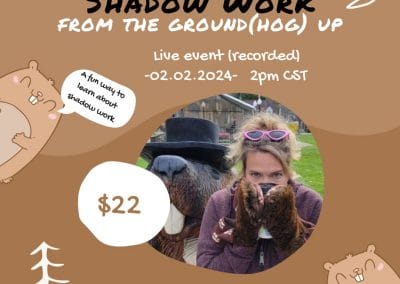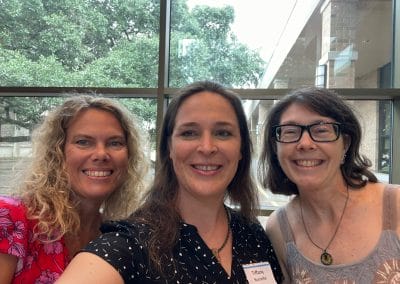I bet you can remember your first heartbreak. I can. Ugh–the hours I spent thinking I would never find love again. Thing is, looking back, we probably figured out that we dodged a bullet, but at the time, it was soul crushing. That’s because of what we call adolescent egocentrism. It’s a perfectly natural, developmental process during the teenage years. Cognitively, teens have this idea that the world revolves around them, that all of their thoughts are unique to them, and that subsequently, no one can possibly understand them. We call this last trait the personal fable. So all the stories about your own teen angst, may not completely resonate with them, and it’s perfectly normal for that to be the case.
So what do we do? We have all these years of experience that tells us that everything is going to be ok, but we can’t get them to understand this. We have to remember that hindsight is 20/20, and they don’t have the hindsight we do. Below are some ideas for how to help your teen through this difficult time:
Don’t minimize the situation. Teen heartbreak is just as real, raw, and stressful for them as breakups are for an adult. Their limbic system and amygdala, the emotional centers of the brain, are in a state of rapid development, so their emotions are heightened right now. Add this to the personal fable, and they are left feeling that no one will ever understand the pain they are going through. Saying things like, “I know you are really hurting right now” helps to validate their feelings and make them feel heard.
Just listen. Teens may just want to vent in order to get the emotions out. Part of being a teenager (or a human, really) is the need to feel heard and understood.Save the advice for later and just listen right now. Your role right now is to be the one to support and love them, not to fix them. Pain is a part of life, and as much as we don’t want to see our child go through painful experiences, we know, deep down, that learning experiences like these are important. Teen resilience is built upon overcoming challenges, and that resilience is only heightened when we know we have our parents to hug and love us as we muddle our way through.
Help provide distraction. Comfort food and sappy movies may be a good start, but you also want to help your teen adjust to the new normal. Encourage them to spend time with supportive friends, to spend time outdoors, to get involved in sports or other activities, and to focus on self-care and growth. Help them see that there is a life beyond the breakup.
Help make social media decisions. This one is a tough one. On one hand, teens can find support and validation that they are not alone when interacting on social media after a break up. But constant images of their ex or of other seemingly happy relationships might be a blow to their self-worth. Plus, they also might need help navigating the decision to end the friendship with their ex on social media channels. Be gentle with your teen as you discuss options that you think might be the most healthy.
Watch for signs of depression or anxiety. Sadness and other negative emotions are normal when one experiences heartbreak, but if your teen continues to show signs of extreme sadness or worry, or if these emotions are getting in the way of daily functioning, seek help from a licensed professional. Here is some information on teenage depression, including signs and symptoms and what to do as a parent.








